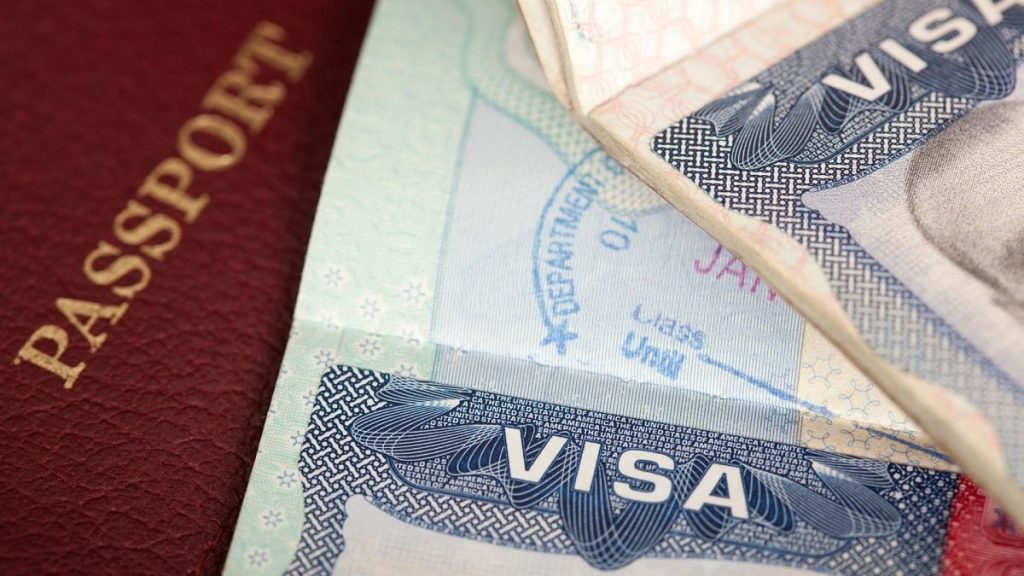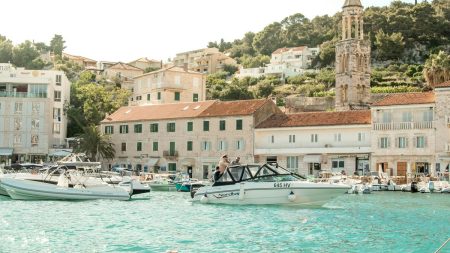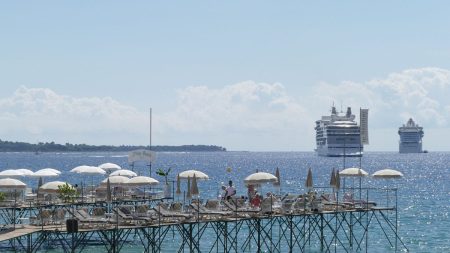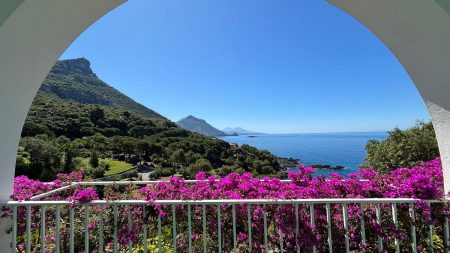Golden visas present a unique opportunity for wealthy individuals seeking residency in Europe by essentially purchasing their way in. This relatively straightforward pathway contrasts sharply with the often protracted and complex visa and residency processes that average applicants face. The appeal of golden visas has surged in recent years, particularly among people fleeing instability in their home countries or navigating political shifts, such as Brexit. Wealthy Americans, too, are predicted to seek golden visas following Donald Trump’s re-election, further fueling demand. However, this trend is witnessing changes, as several European nations move towards phasing out these schemes. Notably, Spain is set to terminate its golden visa program linked to real estate investments by January 2025, a decision that aligns with recent legal reforms designed to ease housing market pressures. Portugal has already eliminated its real estate investment option for golden visas in October 2023, and the Netherlands will end its scheme in January 2024. In contrast, Hungary has recently revived its golden visa program, illustrating the mixed responses across Europe.
Golden visa schemes, also known as residence by investment programs, allow individuals to secure residency permits in exchange for significant financial contributions, typically through property purchases or investments. To qualify, applicants generally must be over eighteen, possess a clear criminal record, and have adequate funds for the required investment. In addition to residency permits, some countries offer citizenship options through similar means, known as “golden passports.” These programs not only provide residency rights but also access to the benefits that come with European Union membership, such as the ability to move freely across EU borders, making these schemes particularly attractive to non-EU nationals.
Despite their popularity, golden visas have sparked considerable debate within the EU. In 2022, the European Commission called for a ban on the practice of selling citizenship to investors, as it raised security and transparency concerns amid the ongoing geopolitical tensions stemming from conflicts like the war in Ukraine. The Commission highlighted potential risks associated with these schemes, including money laundering, tax evasion, and organized crime infiltration. Moreover, there was an explicit warning against investor citizenship schemes in other jurisdictions, such as Albania, where the Commission believed such programs could compromise EU norms and integrity. To bolster security, the EU urged member states to thoroughly vet individuals holding golden citizenships and scrutinized various countries offering such programs, demonstrating a clear pushback against the perceived risks associated with golden visas.
The timeline for various EU nations phasing out their golden visa offerings indicates a collective recognition of the challenges posed by these schemes. The United Kingdom ended its golden visa program in February 2022, a move attributed to tackling illicit financial flows and money laundering linked to Russian wealth. Ireland followed suit in February 2023, suspending its Immigrant Investor Programme, which had always faced scrutiny for its potential to facilitate tax abuse and facilitating crime. The conclusion of these schemes coincides with a critical period in European politics, as ongoing discussions address the balance between attracting foreign investment and ensuring national security.
Currently, only a handful of EU nations still actively maintain golden visa programs. Malta remains one of the last bastions of citizenship by investment programs, requiring a substantial investment starting from €690,000 for citizenship, with processing times of up to 36 months. However, many countries still offer pathways for residency through golden visa schemes. Spain’s residency program requires a real estate investment of over €500,000, a move originally intended to attract foreign capital but now under significant review due to mounting pressure on the housing market. With the approval of legislation to dissolve the real estate channel, it’s estimated that over 15,000 visas have been issued since its inception.
Meanwhile, Hungary is making headlines by reintroducing its golden visa scheme in 2024 after a hiatus since 2017. Under its Guest Investor Program, Hungary provides several routes to residency, including options for real estate investments or donations to educational institutions. Italy and Greece also continue to offer attractive golden visa programs. Italy’s scheme requires a minimum investment of €250,000 into an Italian business, while Greece, which has one of the quickest processes in Europe, once offered investments starting at just €250,000; this has since increased to between €400,000 and €800,000 in major urban centers. Greece’s expedited application process has made it an appealing choice, with thousands of applications received by the end of 2021.
In conclusion, golden visas, characterized by their lucrative yet controversial nature, are evolving due to growing concerns regarding legality, security, and market stability. As key European nations like Spain and Portugal take steps to phase out their golden visa programs, others such as Hungary may try to fill the void with newly introduced schemes that promise to attract wealth while navigating the complex landscape of EU regulations. Overall, the future of golden visas in Europe remains uncertain as countries grapple with balancing investor appeal and compliance with emerging standards for safety and transparency.














